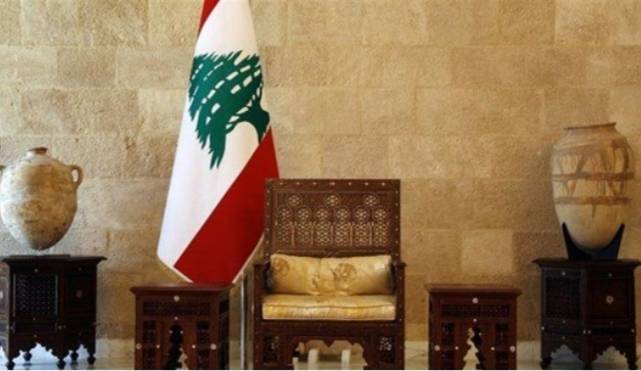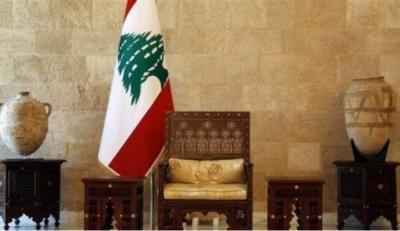Lebanon has not been absent from the deliberations of the Saudi-American meetings. The final statement from these meetings confirms that both countries, which have significant influence over the Lebanese scene, adhere to their principles, summarized in three clear points: reforms, commitment to international resolutions, and limiting arms to the state. These points are considered a launching platform for any solution to Lebanon's crises.
The statement expressed the two countries' support for "Lebanon’s sovereignty, security, and stability" and for the Lebanese army, emphasizing the importance of "forming a new government and implementing comprehensive political and economic structural reforms to ensure that Lebanon overcomes its political and economic crisis, and does not become a launch point for terrorists, drug trafficking, or other criminal activities that threaten the region's security and stability." It stressed the necessity of "establishing the Lebanese government's control over all Lebanese territory, including implementing the relevant UNSC resolutions and the Taif Agreement, so that it can exercise its full sovereignty without any arms except with the government’s approval, and no authority other than its own."
These conditions apply to two fundamental entitlements: the first concerns the border demarcation file and the necessity of elevating the Lebanese state’s voice in negotiations, without yielding to Hezbollah's positions and conditions that could complicate the negotiations. The second should translate into the upcoming presidential elections by choosing a balanced president capable of communicating with various factions and restoring Lebanon's external relations both regionally and internationally to bring it out of isolation.
These specifications imply that the upcoming president should not be an ally of Hezbollah or the Iranian axis. However, the election of a president with the required specifications will remain linked to the developments in the region, whether regarding the repercussions of the Arab-American summit in Jeddah or the issue of Iran, where Tehran's return to negotiations could facilitate reaching a settlement in Lebanon. On the other hand, if the negotiations stall, a confrontational logic will prevail.
From this point, the escalatory positions of Hezbollah's Secretary-General, Hassan Nasrallah, can be interpreted as a preemptive step linked to the "demarcation" and presidential elections files. In the demarcation context, Nasrallah sought to impose his conditions and bind the Lebanese state to them. Regarding the presidency, by specifying September as the time for Israel to begin extracting oil and gas, he has implicitly imposed the conditions for the type of president he would support, meaning that the new president must adhere to the party's escalating standards and comply with its conditions regarding demarcation and the protection of "arms."
In response to this endeavor, two movements emerge: the first involves Washington's intensive efforts to reach a resolution on border demarcation and remove the escalation card from Hezbollah's hands by separating its position from that of the state. The second is an internal movement to thwart any attempt by Hezbollah to impose its presidential candidate, whether it’s Sleiman Frangieh, whose stock seems to be rising with the party, or Gibran Bassil, who is still trying to improve his conditions. The meetings and communications occurring within the internal landscape among parliamentary blocs opposed to Hezbollah aim to unify efforts to prevent the party from replicating the experience of electing Michel Aoun and bringing in a character allied with it.




